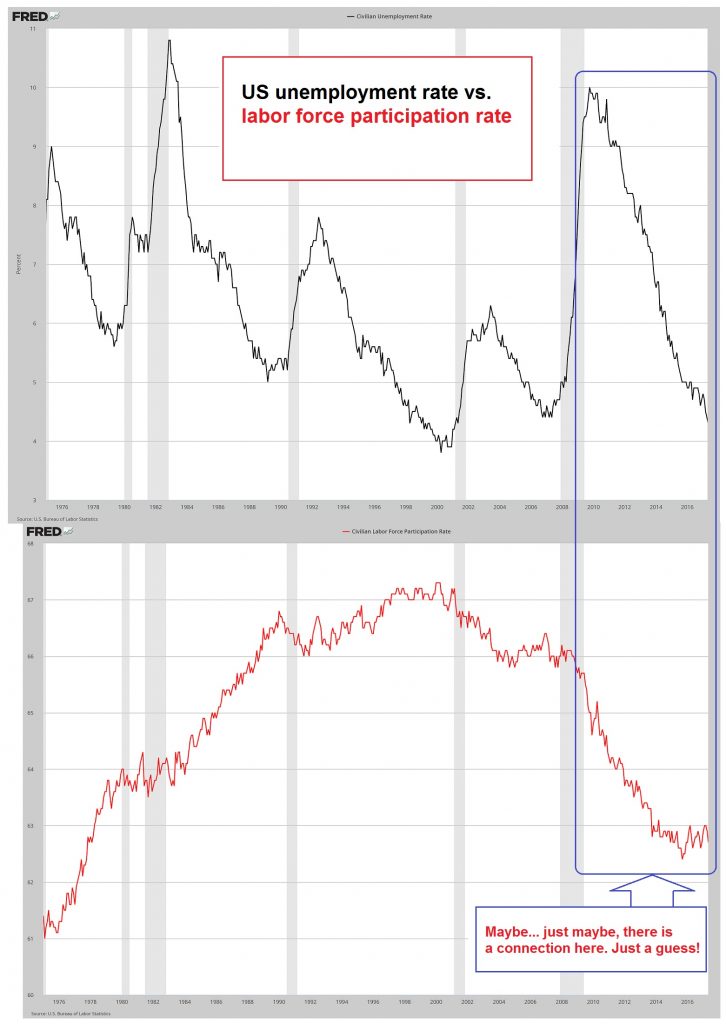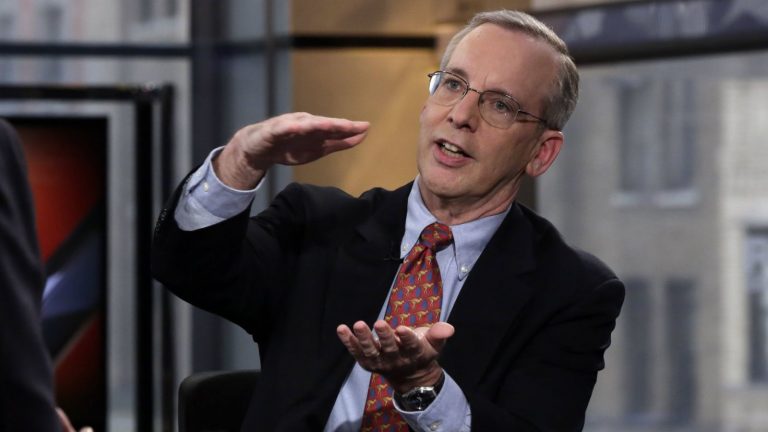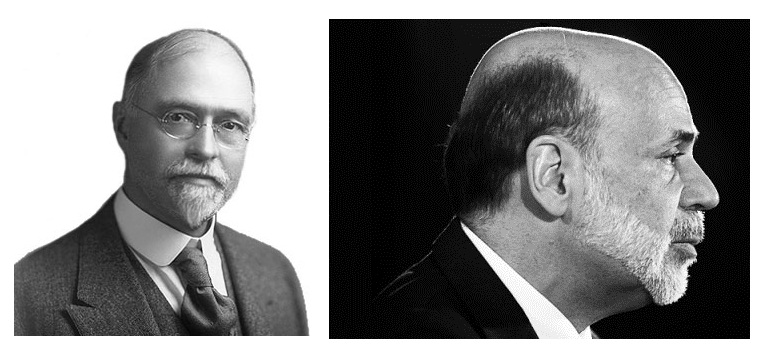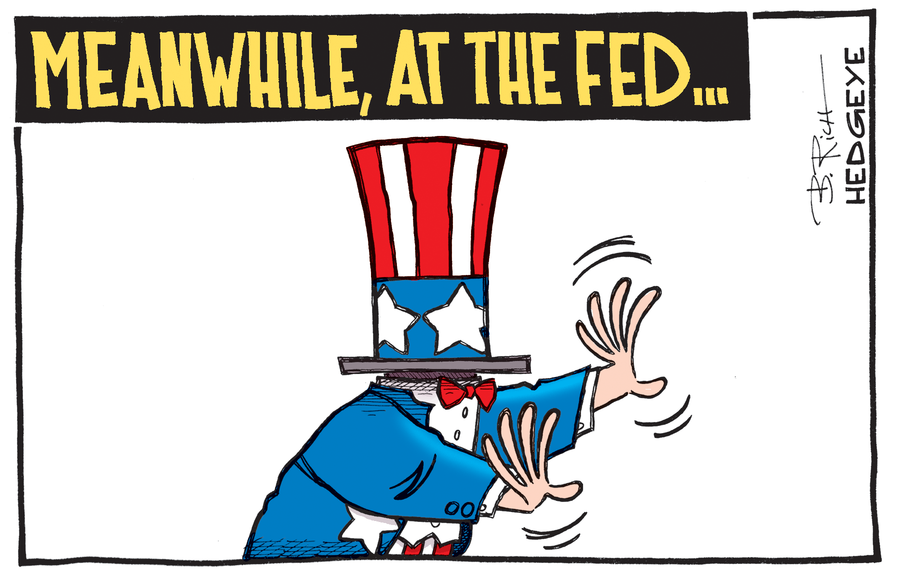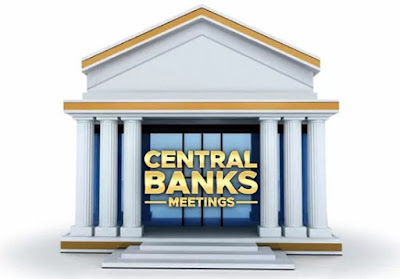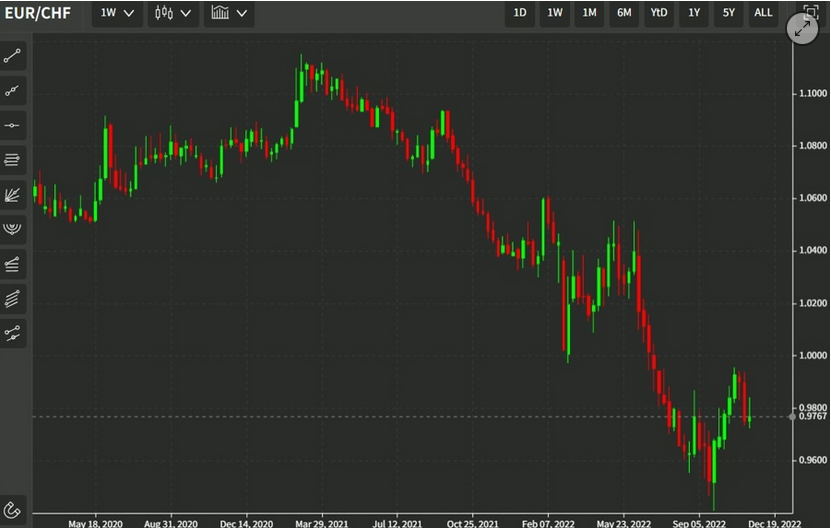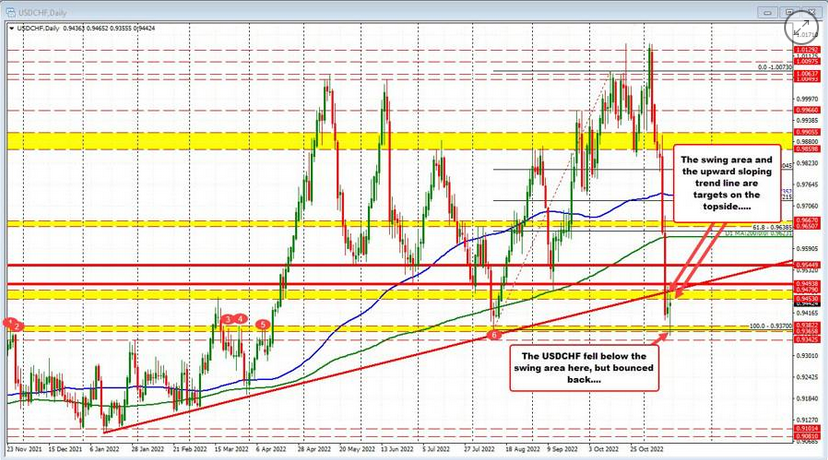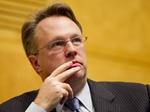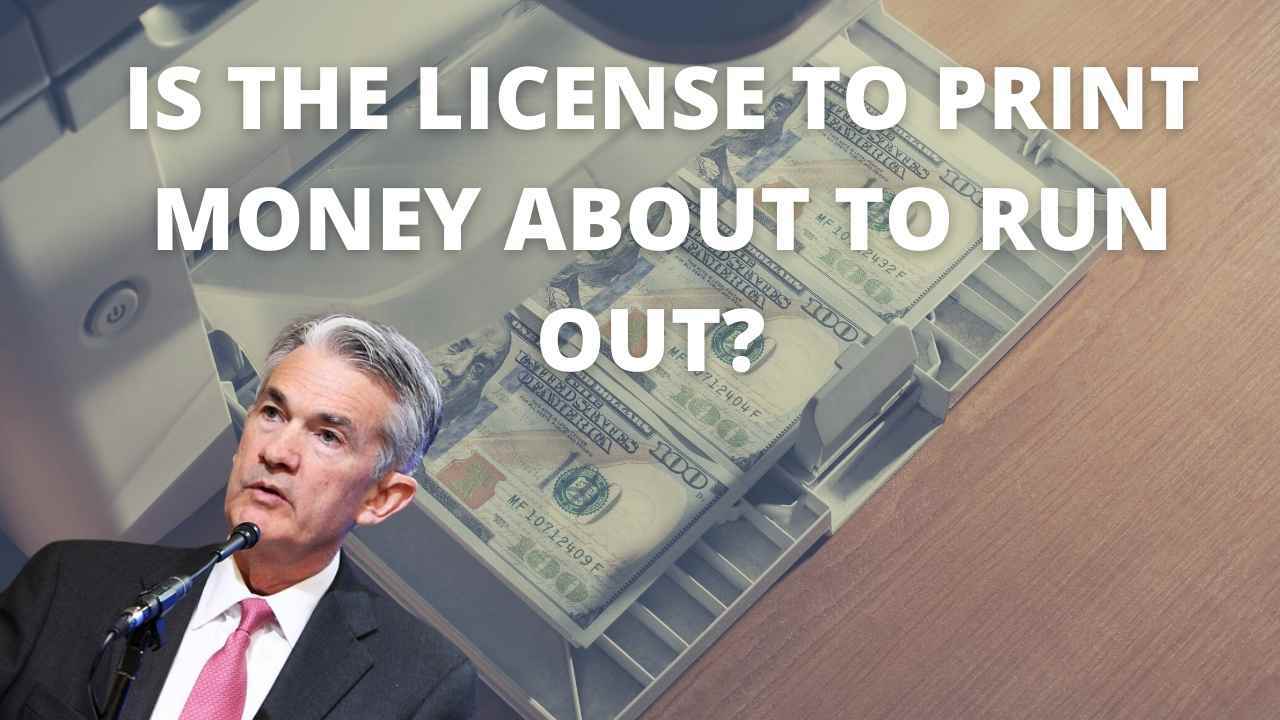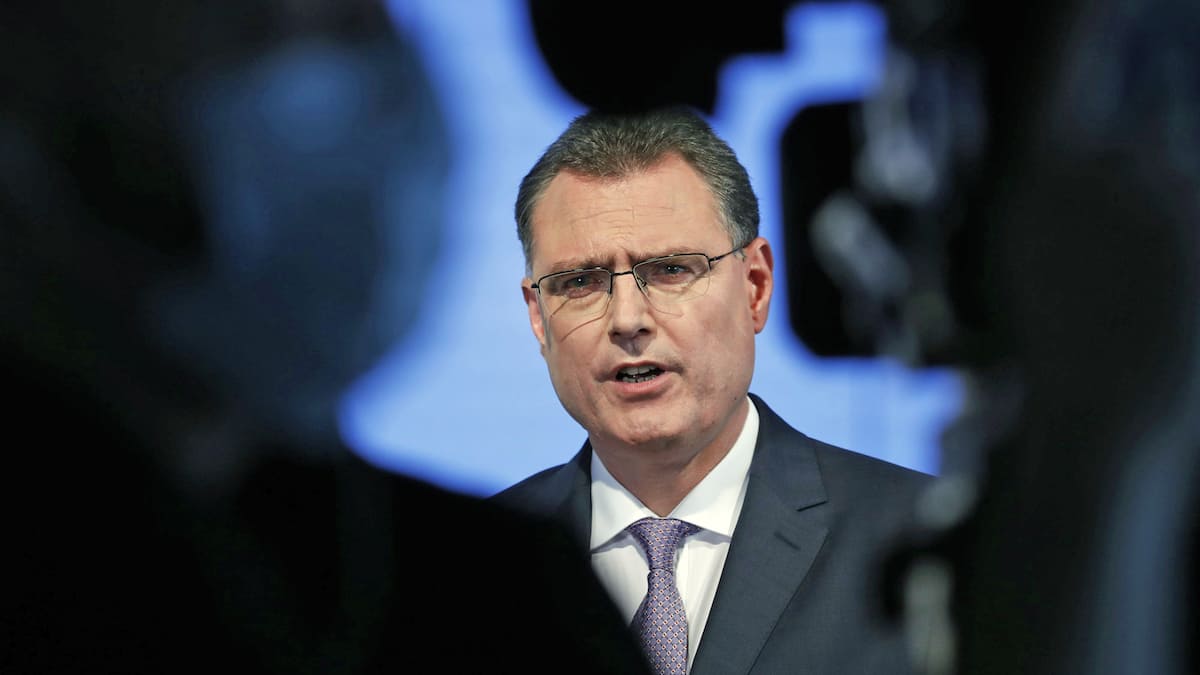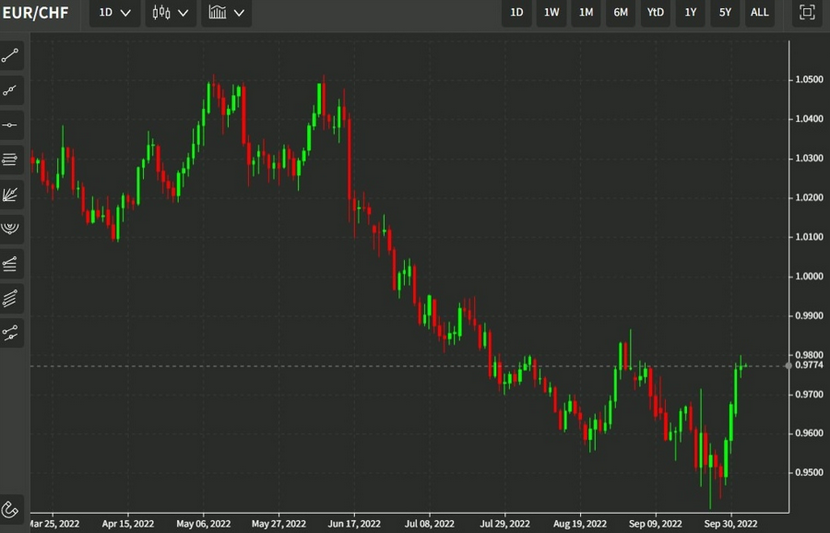Crashing UnemploymentDear Mr. Dudley, Your recent remarks in the wake of last week’s FOMC statement were notably unhelpful. In particular, your explanation that further rate hikes are needed to prevent crashing unemployment and rising inflation stunk of rotten eggs. Quite frankly, crashing unemployment is a construct that’s new to popular economic discourse, and a suspect one at that. Years ago, prior to the nirvana of globalization, the potential for wage inflation stemming from full employment was the main concern. US unemployment rate vs. labor force participation rate. The employment situation may not be as all-around copacetic as the U3 unemployment rate seems to indicate… just a hunch. |
Unemployment Versus Participation Rate, 1970 - 2017(see more posts on U.S. Participation Rate, U.S. Unemployment Rate, ) |
|
Now that the official unemployment rate’s just 4.3 percent, and wages are still down in the dumps, it appears the Fed has fabricated a new bugaboo to rally around. What to make of it? For starters, the Fed’s unconventional monetary policy has successfully pushed the financial order completely out of the economy’s orbit. The once impossible is now commonplace. For example, the absurdity of negative interest rates was unfathomable until very recently. But that was before years of central bank asset purchases made this a reality. Perhaps the imminent danger of crashing unemployment will give way to the impossibility of negative unemployment. Crazy things can happen, you know, especially considering the design limitations of the Bureau of Labor Statistics’ birth-death model. Secondly, muddying up the Fed’s message with inane nonsense like crashing unemployment severely diminishes the Fed’s goal of providing transparent communication. In short, Fed communication has regressed from backassward to assbackward. During the halcyon days of Alan Greenspan’s Goldilocks economy, for instance, the Fed regularly used jawboning as a tactic to manage inflation expectations. Through smiling teeth Greenspan would talk out of the side of his neck. He’d jawbone down inflation expectations while cutting rates. Certainly, a lot has changed over the years. So, too, the Fed seems to have reversed its jawboning tactic. By all accounts, including your Monday remarks, the Fed is now jawboning up inflation expectations while raising rates. |
|
Congratulations and Thank You!History will prove this policy tactic to be a complete fiasco. But at least the Fed is consistent in one respect. The Fed has a consistent record of getting everything dead wrong. If you recall, on January 10, 2008, a full month after the onset of the Great Recession, Fed Chair Ben Bernanke stated that “The Federal Reserve is not currently forecasting a recession.” Granted, a recession is generally identified by two successive quarters of declining GDP; so, you don’t technically know you’re in a recession until after it is underway. But, come on, what good is a forecast if it can’t discern a recession when you’re in the midst of one? Bernanke’s quote ranks up there in sheer idiocy with Irving Fisher’s public declaration in October 1929, on the eve of the 1929 stock market crash and onset of the Great Depression, that “Stock prices have reached what looks like a permanently high plateau.” By the month’s end the stock market had crashed and crashed again, never to return to its prior highs in Fisher’s lifetime. Irving Fisher and Ben Bernanke – not exactly known as the best economic forecasters ever. Nevertheless, both provided plenty of central economic planning advice. Interestingly, their forecasting errors have done little damage to their reputations – notwithstanding the Econometric Society’s former motto “Science is Prediction” (that does actually not apply to economic science, but it is still widely held that fortune-telling is a task of economists; after all, if they cannot predict, how are they supposed to plan? It’s a dilemma…).
To be fair, Fisher wasn’t a Fed man. However, he was a dyed-in-the-wool central planner cut from the same cloth. Moreover, it is bloopers like these from the supposed experts like Bernanke and Fisher that make life so amiably pleasurable. Do you agree? |
|
|
Hence, Mr. Dudley, words of congratulations are in order! Because on Monday you added this future knee-slapper to the annals of economic banter:
Thank you, sir, for your shrewd insights. They’ll offer up countless laughs through the many dreary years ahead. |
|
Too Little, Too LateWhen it comes down to it, your excuses for raising rates are not about some unfounded fear of a crashing unemployment rate. Nor are they about controlling price inflation. These are mere cover for past mistakes. The esteemed James Rickards, in an article titled The Fed’s Road Ahead, recently boiled present Fed policy down to its very core:
Unfortunately, Mr. Dudley, the Fed miscalculated. Efforts to raise rates now will prove too little, too late. To be clear, there isn’t a snowball’s chance in hell the Fed will get the federal funds rate up to 3 percent before the next recession. You likely won’t even get it up to 2 percent. Nonetheless, you should stay the course. If you’re gonna raise rates, then raise rates. Don’t cut them. Raise them. Then raise them some more. Crash stocks. Crash bonds. Crash real estate. Crush asset prices. Purge the debt and speculative excesses from financial markets. Let marginal businesses go broke. Let too big to fail banks fail. You can even consult with Dick “The Gorilla” Fuld, if needed. Let nature do its work. Best bring the paper money experiment to a close and shutter the doors of the Federal Reserve. No doubt, the economy and millions of people will suffer a painful long-lasting restructuring. But what choice is there, really? Let’s face it. The Fed cannot hold the financial order together much longer anyway. Why pretend you can with utter nonsense like crashing unemployment? It’s insulting. Your credibility is shot. Better to get on with it now, before it’s forced upon you. |
Tags: central-banks,newslettersent,U.S. Participation Rate,U.S. Unemployment Rate









